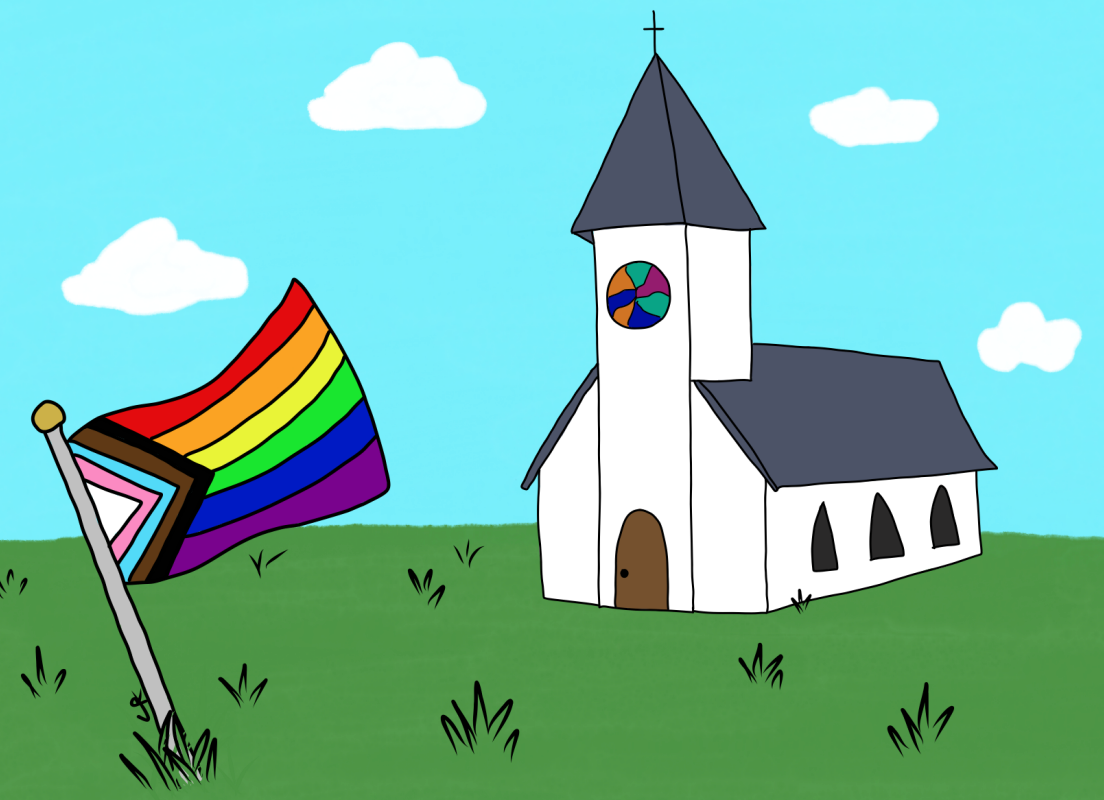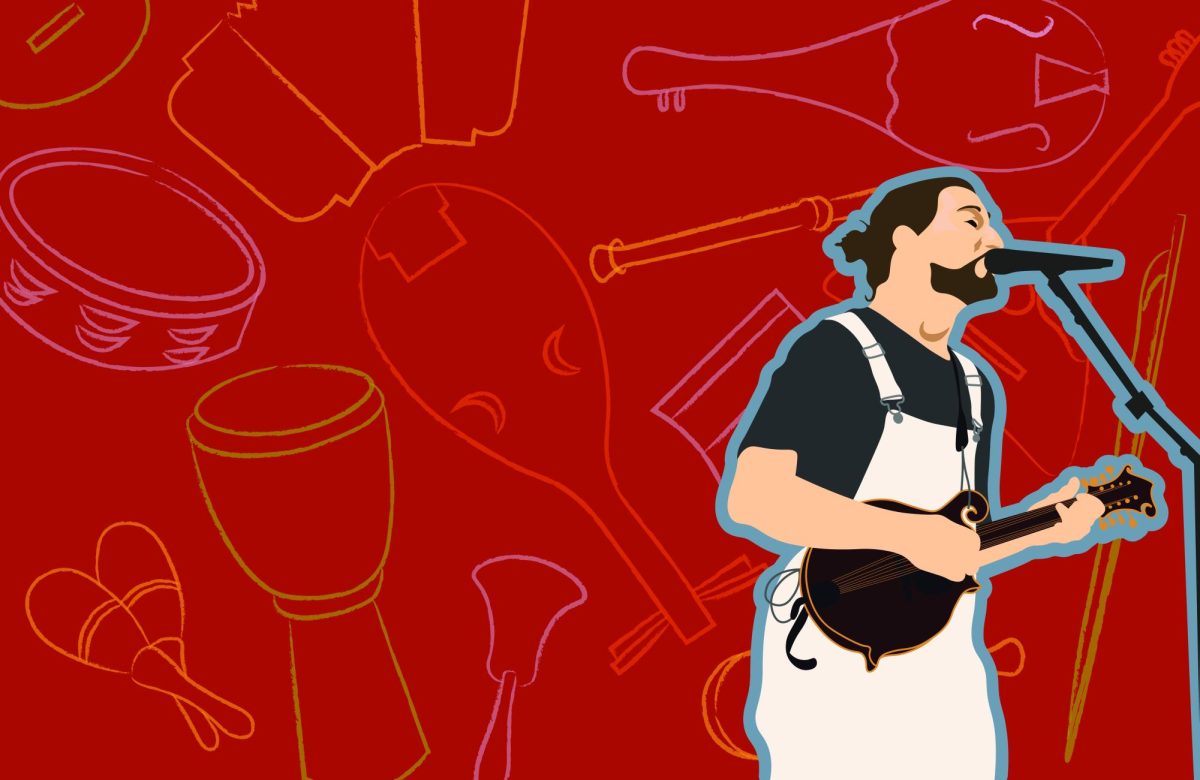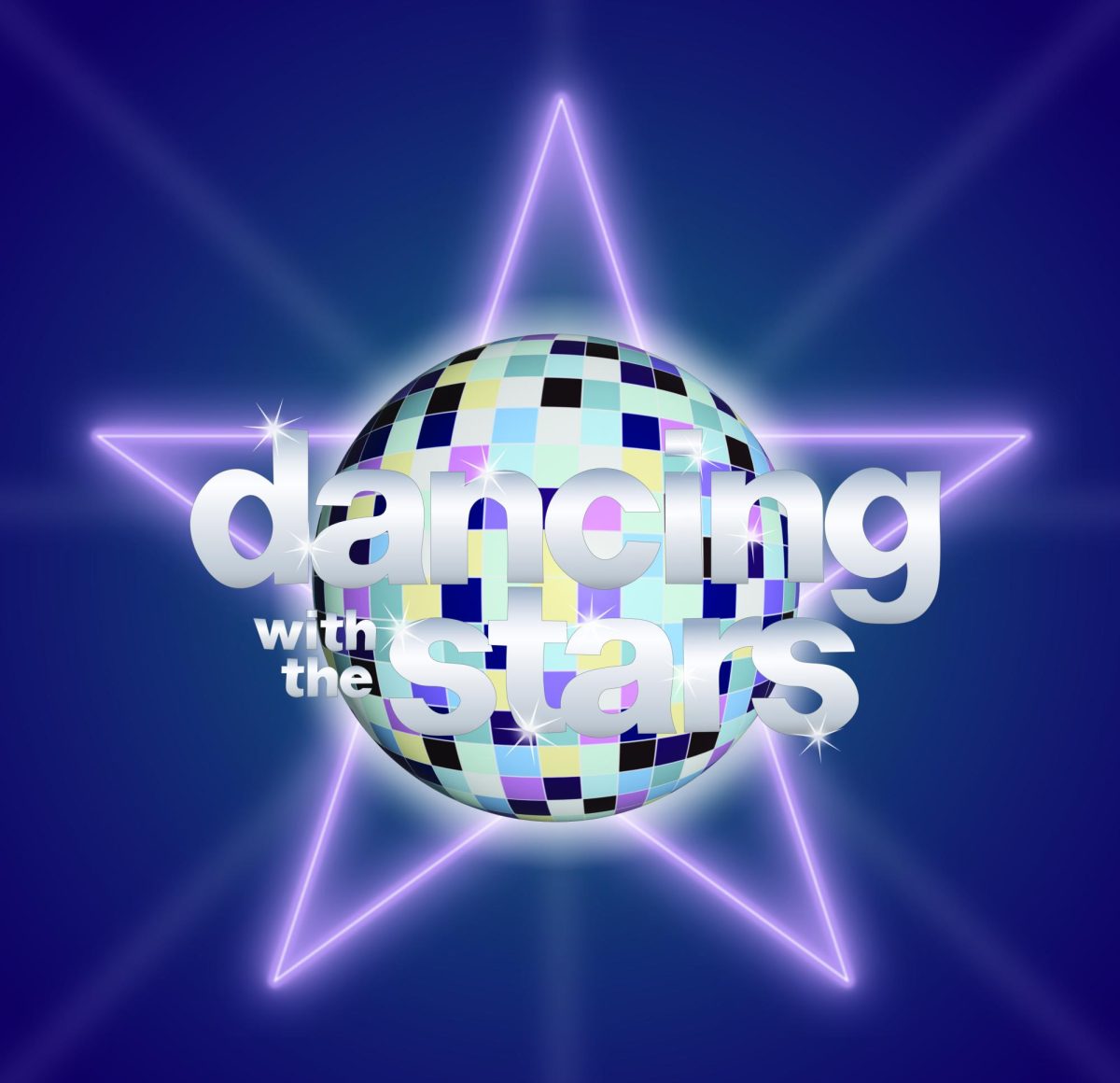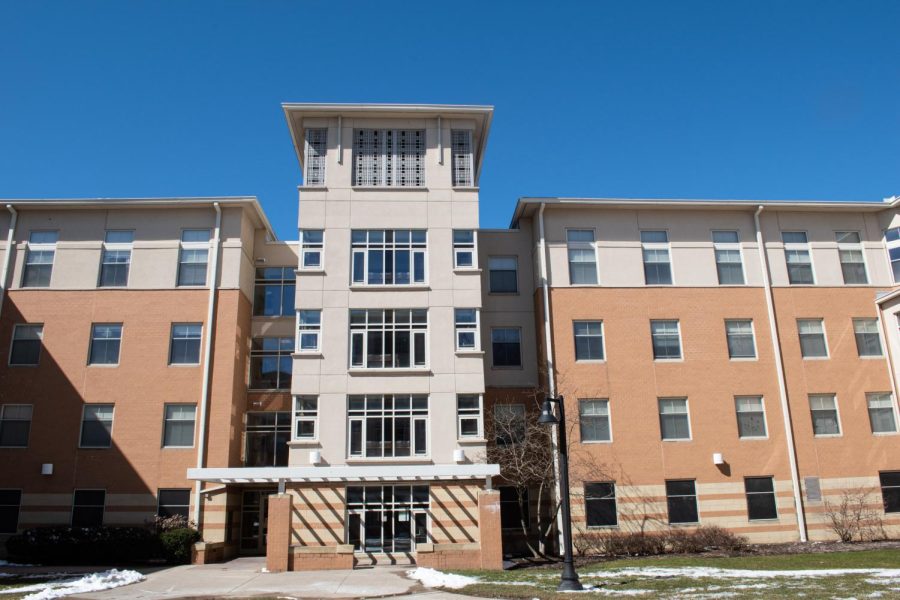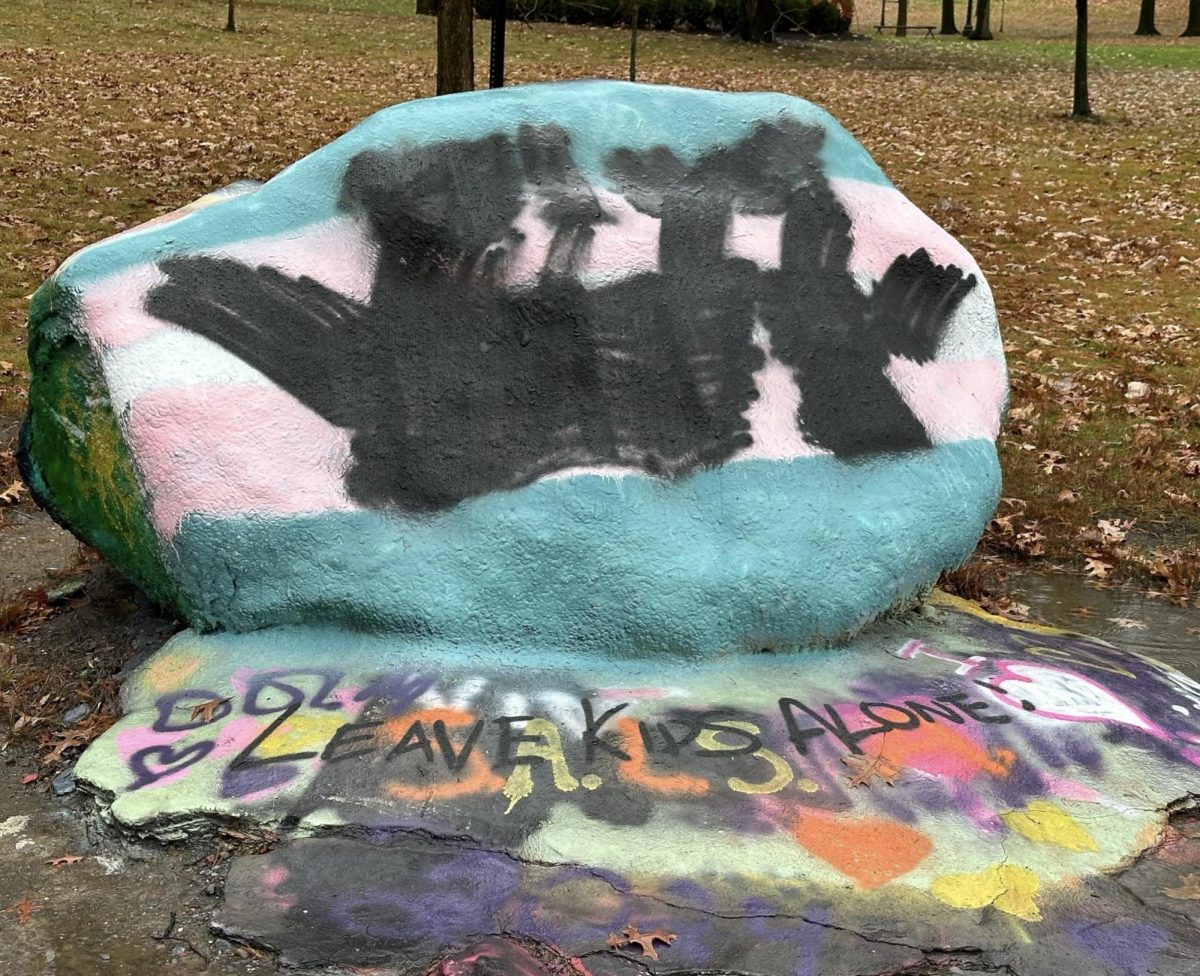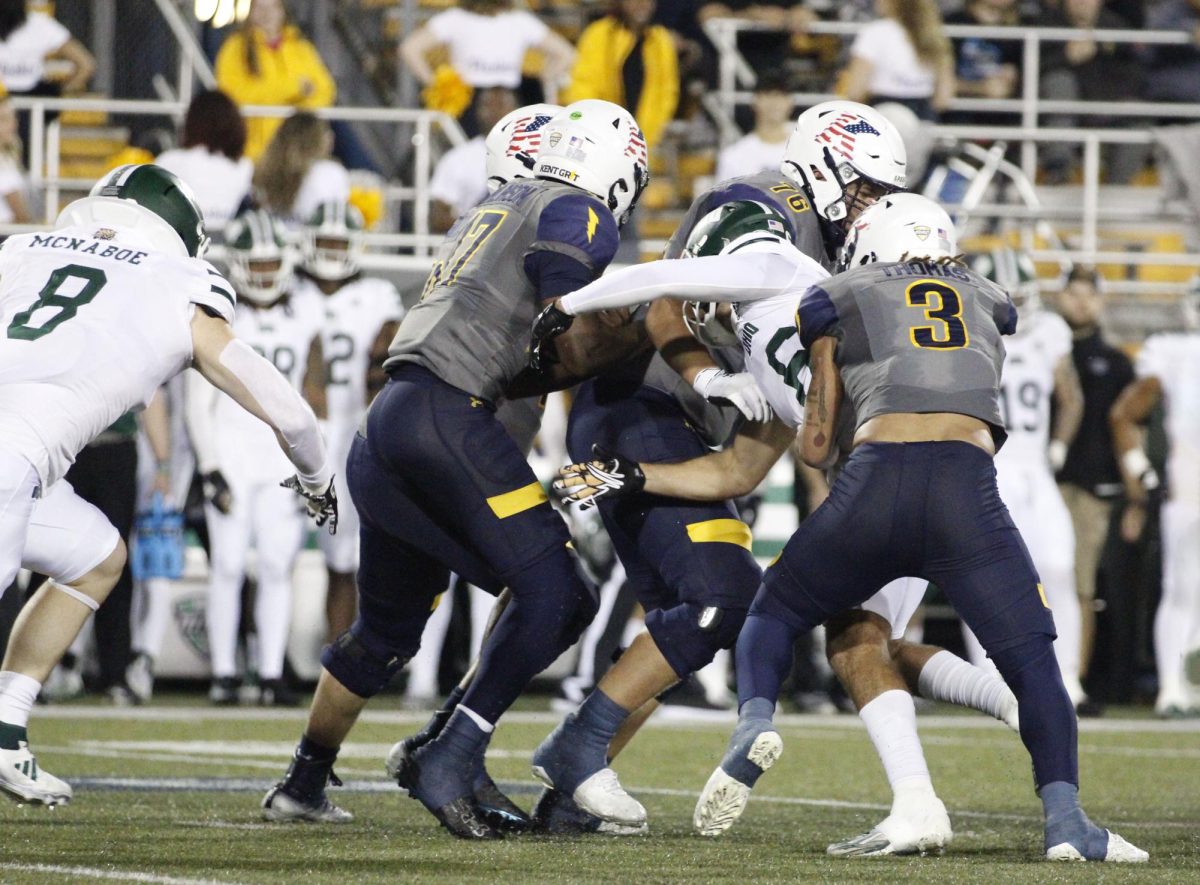The first time I heard the word ‘gay,’ it was in a negative light. I was around nine-year-olds and sitting in a church pew at my small church in Northeast Ohio.
I didn’t quite understand what it meant. I remember asking my father later that day and he shook his head and muttered something under his breath.
It wasn’t long after that when I formed my first crush on one of my closest friends.
I remember liking the way her eyes lit up when she smiled, how she made me laugh and the way she made me have butterflies in my stomach. All of my friends had talked about these feelings before, but they had always had to do with the boys in our classes — never women.
I had to be broken because liking girls didn’t make sense to me. I didn’t even know that you were even able to like someone of the same gender, so I kept my feelings to myself.
It wasn’t until sixth grade, when I was sitting in my church’s youth group that I heard the words, “Loving the same-sex means you’re going to hell.”
This terrified me.
As someone who would eventually be diagnosed with generalized anxiety disorder, this was a terrifying place to be. While I was already worried about school, going out in public and my future in general, now I had to worry about God’s plans for my soul.
I remember crying in my room, praying to God to take away my feelings towards women daily. I’d have weekly panic attacks and eventually tried to take my own life due to thinking I was broken or dirty.
People such as arts major, Mikey Williams, has also dealt with the persecution of being apart of the LGBTQ+ community.
Not only by the church but his own family.
“I was told by my parents that love was between a man and a woman,” Williams said. “It was sacred because ‘love needs to be between a man and a woman in order to celebrate their relationship before God and to keep their relationship pure.’”
According to Williams, they identify as queer with he/they pronouns but wasn’t able to express himself at home or his Christian school.
“The school had handed out a paper to students at an assembly,” Williams said. “It had a list of rules from the school and you had to sign it. Under one of the sections it said if you were caught in an LGBT act, you’d be expelled or suspended.”
Williams came out as gay during their senior year of high school as they were done hiding who they were.
“When I officially came out to my parents, they didn’t take it very well,” Williams said. “They told me to take my trans flag down because they didn’t want me to be a bad influence on my siblings. Eventually, I was done with them refusing to call me my chosen name and my pronouns. They don’t want to accept me for who I am, they want to fix me to what they want their children to be.”
People in the LGBTQ community shouldn’t have to go through what Mikey and I went through. We shouldn’t be afraid, ashamed or told we’re broken for being who we are. There are people that are literally taking their lives or being murdered, due to these anti-LGBTQ+ views.
It took me a long time to come to terms with my sexuality because of the scrutiny I felt from my family and other church-goers. It wasn’t till I was 21 that I even came out, realizing that it was okay to love anyone regardless of their gender.
But now I’m not afraid to say that I’m here, I’m queer and I’m not going anywhere.
Des is an opinion writer. Contact them at [email protected]


